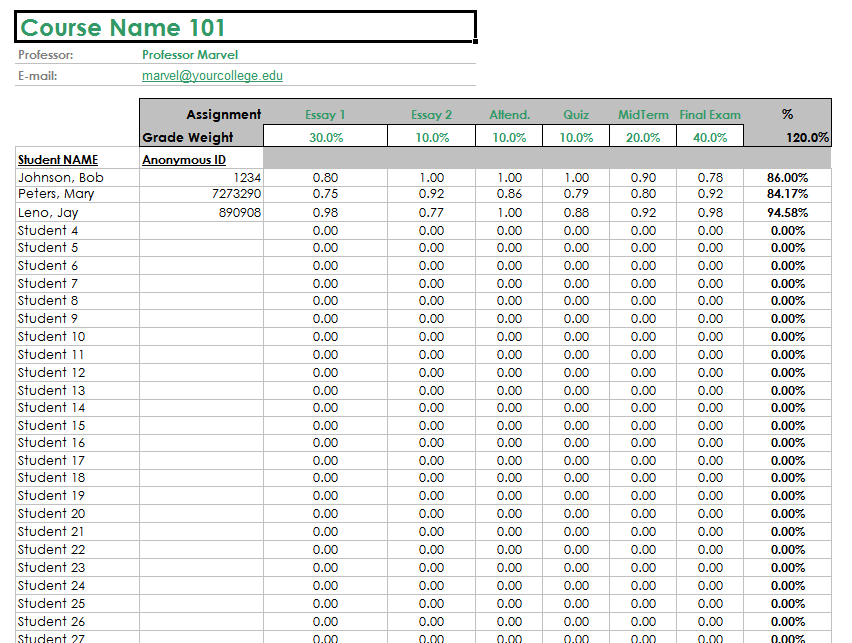

For example, when reverting vandalism by a user identified only by their IP address, an edit summary would be: Reverted edits by ] to last version by ].It is possible to wikilink the usernames, associated with the versions that you are reverting from and to. Be sure to add the word "revert" or the abbreviation "rv" and a brief explanation for the revert to the " edit summary". Ignore this warning and save the page.If you save it, any changes made since then will be removed." Above the edit box, you will see a warning similar to: "You are editing an old revision of this page.Important: in the case of vandalism, take the time to make sure that you are reverting to the last version without the vandalism there may be multiple consecutive vandal edits or they may be interspersed between the constructive edits.Verify that you have selected the correct "old revision" version and click on the " edit this page" tab, as you would normally do.It may differ significantly from the current revision." When that page displays, you will see a phrase similar to: "This is an old revision of this page, as edited by ***.*.***.*** (Talk) at 15:47, January 24, 2009.Go to the top of the page in question, click on the " history" or "page history" (in some skins) tab then, click on the " time and date" of the earlier version, to which you wish to revert.This action should be taken more or less as a last resort, never as a way of punishing people, who have written something biased. In such a case, it is a good idea to raise objections on a talk page if there is reason to believe that the author of what appears to be biased material will not be induced to change it, editors sometimes choose to transfer the text in question to the talk page itself, thus not deleting it entirely. It is sometimes difficult to determine whether a claim is true or useful, particularly when there are few people "on board", who are knowledgeable about the topic.If they contain valid and encyclopedic information, these texts should simply be edited and improved accordingly. Generally, there are misconceptions that problematic sections of an article or recent changes are the reasons for reverting or deletion.Only revert if you actually think the previous version is better. Do not revert solely because "there is no consensus in favour of the change".If an edit can be improved by avoiding weasel words or re-phrasing in a more neutral point of view manner, then try to reword, rather than revert.


Not every fact, detail, or nuance belongs in an encyclopedia. If your material is reverted, don't take it personally.Though your intentions may be good, doing so shirks your duty to the reader. Don't let superfluous or badly written material stand, in order to avoid slighting its original author.If only part of an edit is problematic, consider modifying only that part, instead of reverting the whole edit.Before reverting, be sure to check if another editor has made changes in the interim. You can revert your own edit, if you realize that it is incorrect.This may entail correcting factual information, grammar or writing style, such as trimming verbosity. If you feel the edit is unsatisfactory, then try to improve it first, if possible.If you are not sure whether a revert is appropriate, discuss it first on the article's talk page.Reverting is often used for fighting vandalism and similar abuse.Reverting should be taken very seriously.When to revert Do's See also: Revert only when necessary


 0 kommentar(er)
0 kommentar(er)
